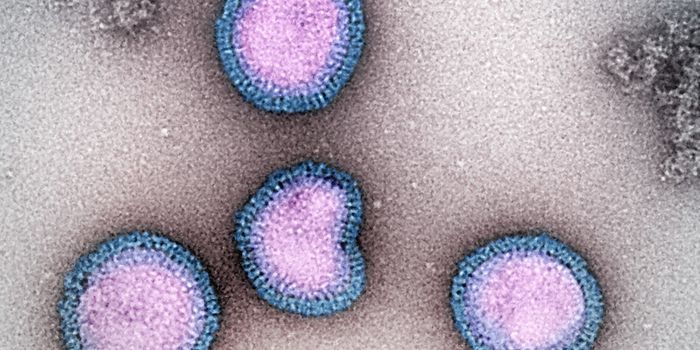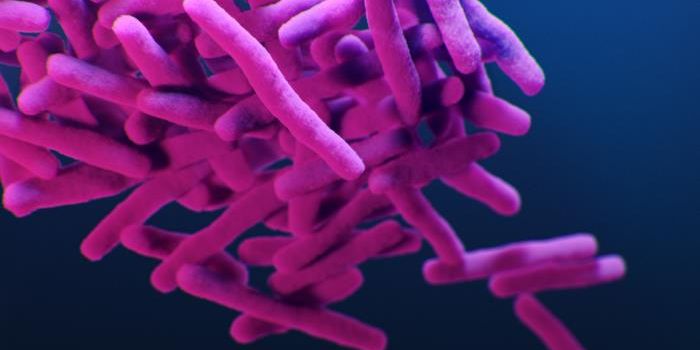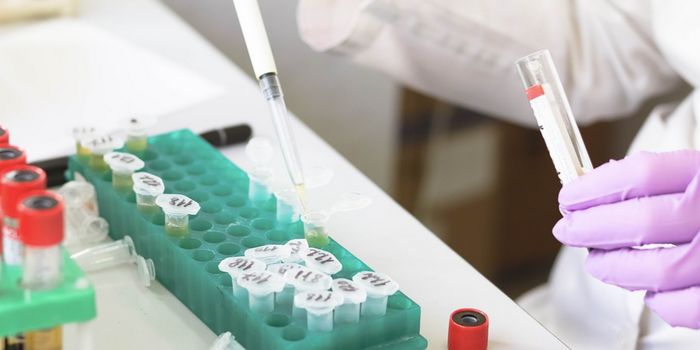Ancient Selfish Genes Carried by Yeast May Change Our View of Evolution
When genes are passed down to the next generation, some have an advantage, and are more likely to be inherited than others. These selfish genes are known to have meiotic drive, and they can be found among the genomes of most organisms. They are transferred to offspring more than half the time, and they can have detrimental effects including an overall reduction in the quality of health. They may also cause infertility. It was once thought that these parasitic genes don't last long through evolution, but new work has suggested otherwise. Reporting in eLife, scientists have identified a family of selfish genes that has persisted for over 100 million years in yeast, which is about ten times longer than any other previously known meiotic gene drive.
"The thinking has always been that because these genes are so nasty, they won't stick around in populations for very long," said study co-author Sarah Zanders, Ph.D. an Associate Investigator at the Stowers Institute for Medical Research. "We just found out that isn't true, that the genomes simply can't always get rid of them."
Natural selection that encourages fertility and good health was thought to be a counteracting force against the selfish promotion of meiotic drivers. But the ability of natural selection to eliminate meiotic drivers is limited, noted Zanders. In a team tryout, drivers would be sabotaging other players, and making the team - but not because they are good.
The scientists have shown that a selfish gene family known as wtf has been flourishing in fission yeast, or Schizosaccharomyces pombe. These genes have also been passed on to three other unique species of yeast that diverged from S. pombe about 119 million years ago.
"This finding is particularly novel as a family of drive genes have thrived at least ten times longer than what geneticists ever believed possible," said Zanders.
The wtf gene family seems to have evaded the pressures of natural selection by mutating often. The genes in this family are passed on to offspring over half of the time, and they can also promote the destruction of yeast spores that have not inherited wtf gene drives.
This research has shown that some older genes may also be selfish genes, and could help reveal previously unknown gene drives, maybe even in the human genome.
"Until now, when looking for candidate drivers within a genome, I wouldn't have considered 'old' genes as a possibility," explained Zanders. "Since selfish genes are major drivers of evolution, this new finding opens the door for thinking about how drivers can have persistent, long-term effects on genome evolution."
Sources: Stowers Institute for Medical Research, eLife









